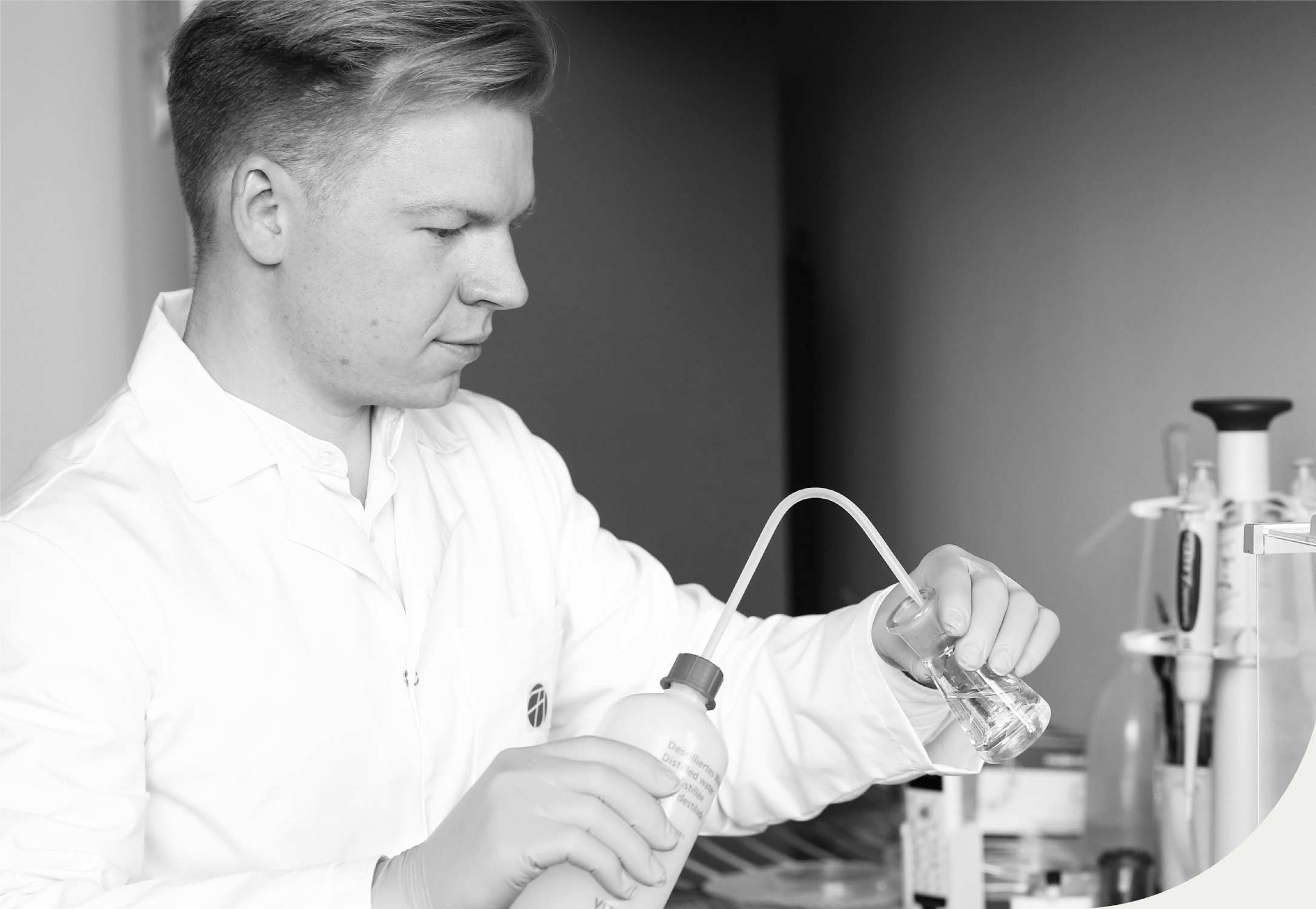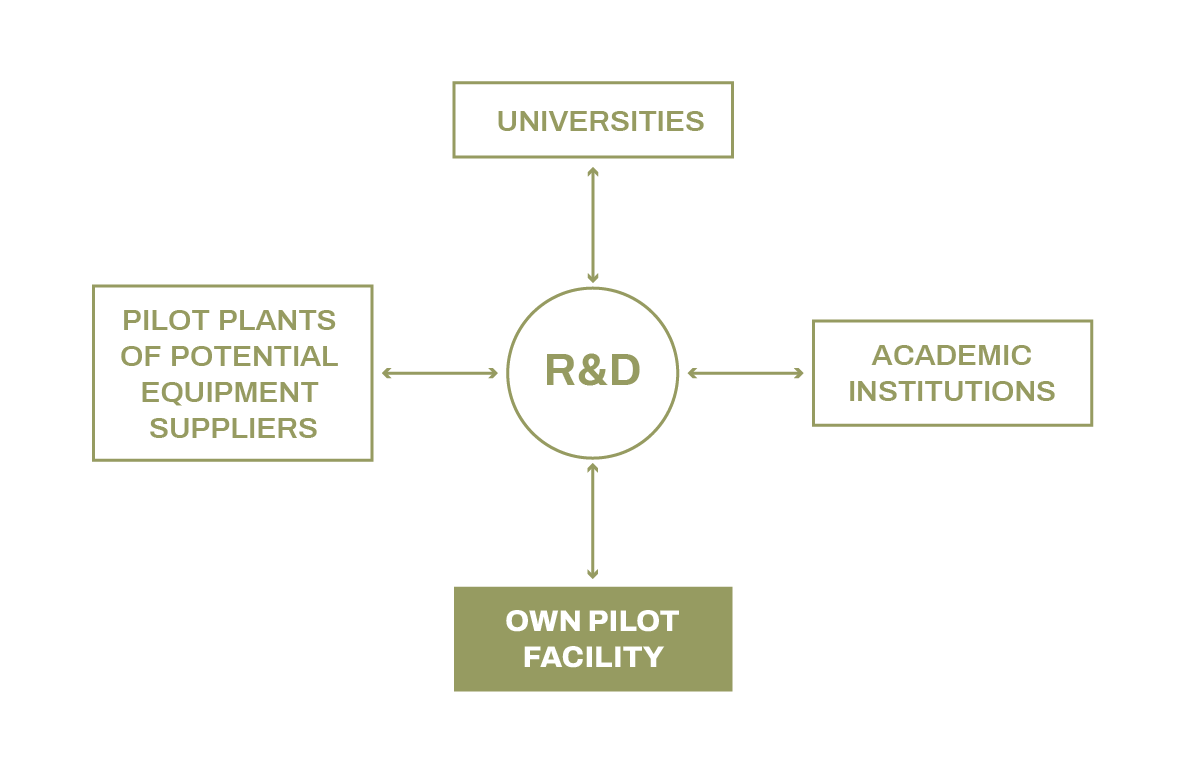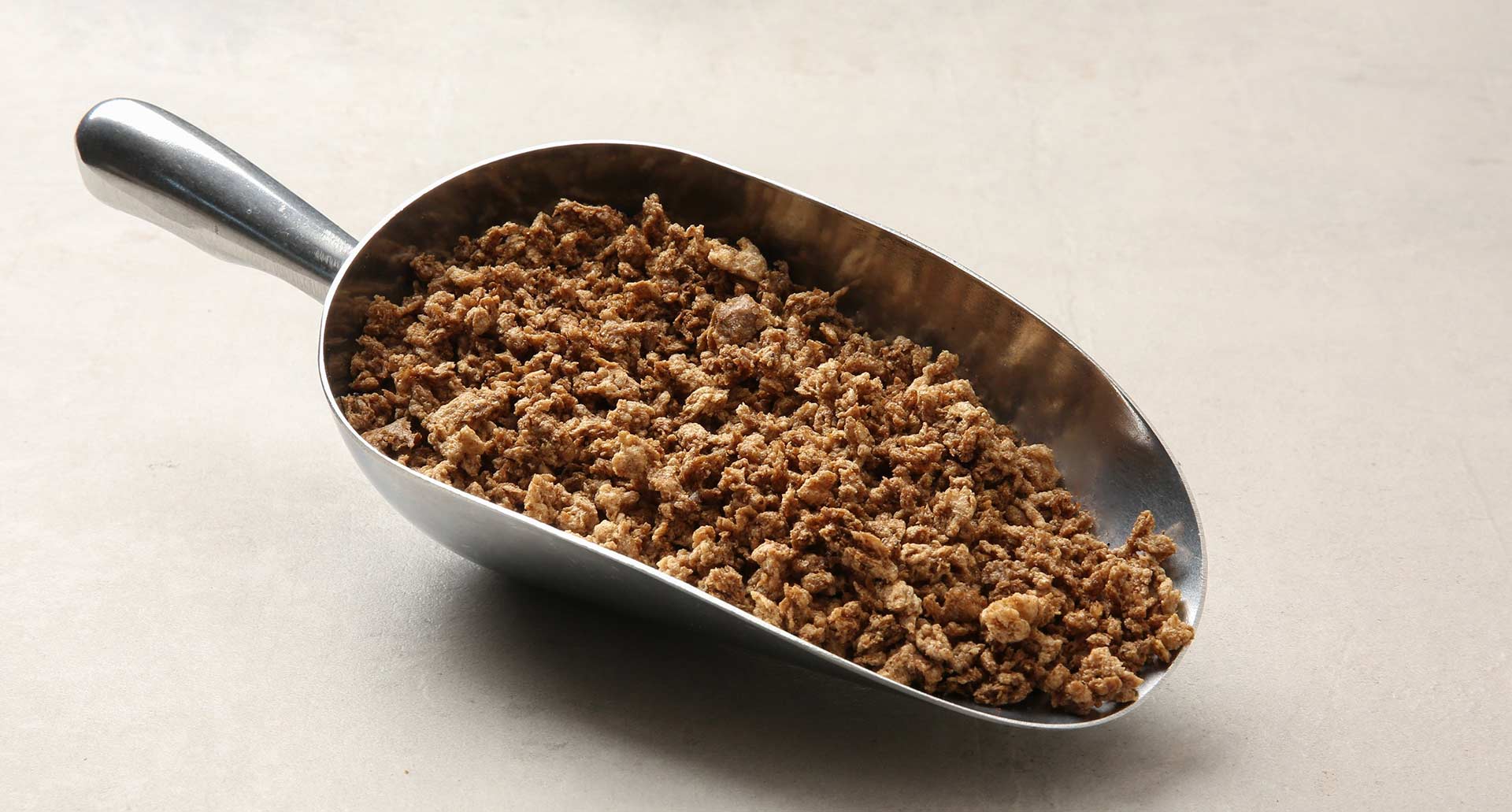1. Rearing and breeding R&D


R&D is a central focus for Divaks as an insect protein company. We are committed to developing innovative and sustainable alternative protein, leveraging research to innovate faster, more efficiently and in line with global market needs.
Our research and development efforts are led by a team of experienced R&D professionals, dedicated to practical testing across rearing, breeding and processing of insect protein. The focus on quality control and process optimisation is crucial to producing exceptional products for the insect protein market. Additionally, we closely collaborate with local and foreign universities, academic institutions and potential equipment suppliers to support R&D progress.



Insect protein is still a relatively new ingredient in the food industry; thus ensuring compliance with food safety standards may still be challenging. Our insect protein company produces protein from yellow mealworms, an insect approved in Europe as safe for human consumption.
Traditional livestock farming can be resource-intensive, creating significant negative ecological impacts, such as greenhouse gas emissions. Insect crops are a much less demanding area. Moreover, through research, we are exploring alternative feed sources, optimising production methods and reducing the amount of resources needed and waste generated.
Insect protein is an extraordinary product that some consumers still do not accept. Our R&D team is continuously improving the product’s nutritional value, taste, texture and appearance to make insect protein more appealing as part of the daily diet.